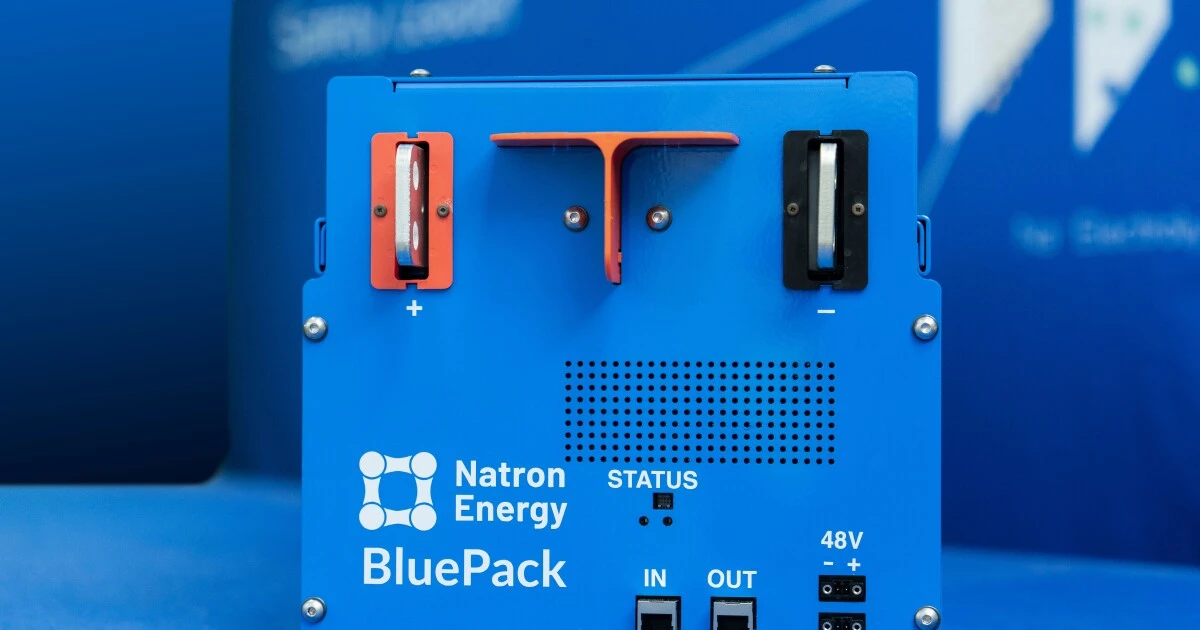It’s so rare to actually see a new battery tech exit the lab and enter production. Always seems like there’s 10,000 new up and coming breakthroughs in battery technology, but none ever leave the workbench.
While Na-ion batteries don’t have the energy density of Li-ion, they make up for it with many other factors such as more abundant source materials, increased safety, higher charge/discharge currents, and increased number of charge cycles.
Slashdot summary:
Not only is sodium somewhere between 500 to 1,000 times more abundant than lithium on the planet we call Earth, sourcing it doesn’t necessitate the same type of earth-scarring extraction. Even moving beyond the sodium vs lithium surname comparison, Natron says its sodium-ion batteries are made entirely from abundantly available commodity materials that also include aluminum, iron and manganese. Furthermore, the materials for Natron’s sodium-ion chemistry can be procured through a reliable US-based domestic supply chain free from geopolitical disruption. The same cannot be said for common lithium-ion materials like cobalt and nickel.
Sodium-ion tech has received heightened interest in recent years as a more reliable, potentially cheaper energy storage medium. While its energy density lags behind lithium-ion, advantages such as faster cycling, longer lifespan and safer, non-flammable end use have made sodium-ion an attractive alternative, especially for stationary uses like data center and EV charger backup storage. […] Natron says its batteries charge and discharge at rates 10 times faster than lithium-ion, a level of immediate charge/discharge capability that makes the batteries a prime contender for the ups and downs of backup power storage. Also helping in that use case is an estimated lifespan of 50,000 cycles.



I would happily take a slight reduction in EV range if it meant the battery was significantly less expensive and the number of charge/discharge cycles would last the life of the car. Someone else said that with a rated 50,000 cycles, one charge cycle per day would last 137 years.
The li-po batteries do already last the life of the car to be fair.
True, but aren’t they a bit handicapped by only using the “middle” range of the battery in order to extend their useful life?
Though to also be fair, I don’t know if these sodium batteries require the same management techniques or not.
Not sure, but i get 420km range and it’s dropped less than 5% after 110,000km, does 0-100 in 5 seconds. To be honest that’s more than quick enough for me.
If it’s nerfed a bit i definitely don’t notice it.
They aren’t rated for 50,000 cycles. The ones I have seen are rated between Lithium Cobalt Oxide and Lithium Iron Phosphate batteries. They don’t even come close to Lithium Titanate in charge cycles.